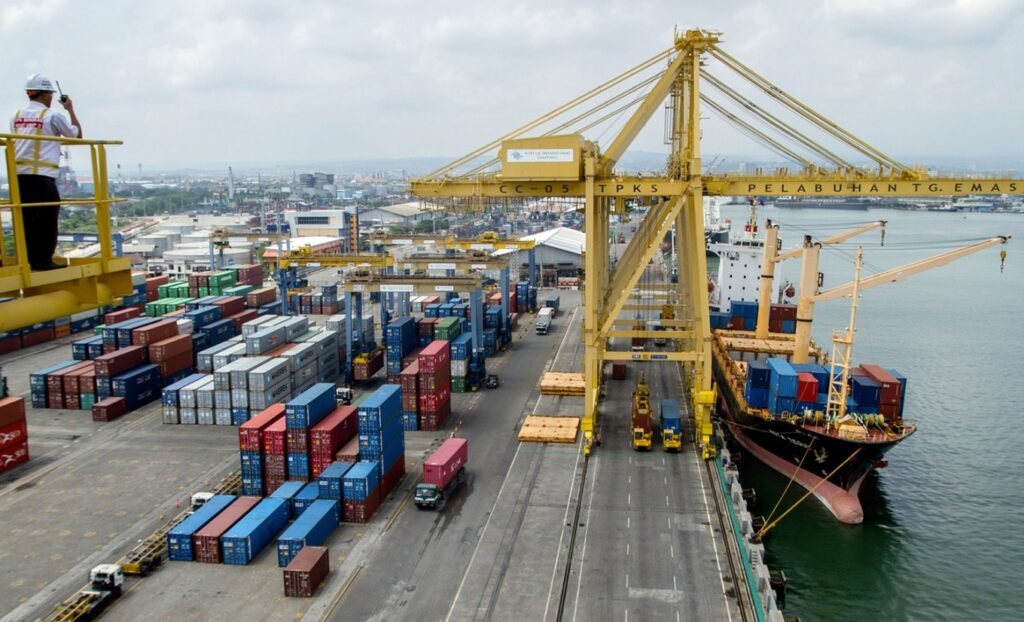
Indonesia has reported a 15% increase in crude palm oil (CPO) exports, reflecting the resilience and growth potential of its palm oil industry. As the world’s largest producer of palm oil, Indonesia continues to play a critical role in global supply chains, particularly amid rising demand for vegetable oils and renewable energy sources.
Key Factors Driving the Increase
- Global Demand Recovery:
- The easing of pandemic-related restrictions and economic recovery in key markets such as India, China, and the European Union have driven higher demand for CPO.
- Increased consumption of edible oils and industrial applications has also supported export growth.
- Competitive Pricing:
- Indonesia’s ability to offer competitive pricing compared to other vegetable oils, such as soybean and sunflower oil, has strengthened its position in the global market.
- Favorable exchange rates have further enhanced export competitiveness.
- Policy Support:
- Government incentives, including export levy adjustments and support for downstream industries, have encouraged higher export volumes.
- Policies promoting biodiesel blending have also boosted demand for palm oil domestically and abroad.
- Improved Production:
- Favorable weather conditions and improved plantation management have led to higher yields, ensuring sufficient supply for export markets.
Economic Implications
- Trade Balance:
- The 15% rise in CPO exports has significantly contributed to Indonesia’s trade surplus, bolstering foreign exchange reserves.
- Rural Development:
- The palm oil sector’s growth supports rural economies by providing employment and improving livelihoods for millions of smallholder farmers.
- Fiscal Contributions:
- Higher export volumes increase government revenues through taxes and levies, enabling more investments in infrastructure and public services.
Sustainability Challenges
- Environmental Concerns:
- The expansion of palm oil production often raises concerns about deforestation, biodiversity loss, and greenhouse gas emissions.
- Addressing these issues requires stronger enforcement of sustainable practices and certifications such as RSPO (Roundtable on Sustainable Palm Oil).
- Market Barriers:
- Ongoing scrutiny and regulatory pressures from importing countries regarding sustainability standards could pose challenges for Indonesia’s CPO exports.
Future Outlook
The outlook for Indonesia’s CPO exports remains positive, with expectations of continued demand growth in both traditional and emerging markets. Key strategies to sustain this growth include:
- Strengthening sustainability initiatives to meet global standards and maintain access to premium markets.
- Expanding market diversification, particularly in regions with growing demand for renewable energy sources.
- Enhancing value-added products through downstream processing to capture greater economic benefits.
Conclusion
The 15% increase in CPO exports highlights the strategic importance of Indonesia’s palm oil industry in the global market. By addressing sustainability challenges and leveraging its competitive advantages, Indonesia is well-positioned to maintain its leadership in the CPO sector while contributing to economic growth and rural development.
